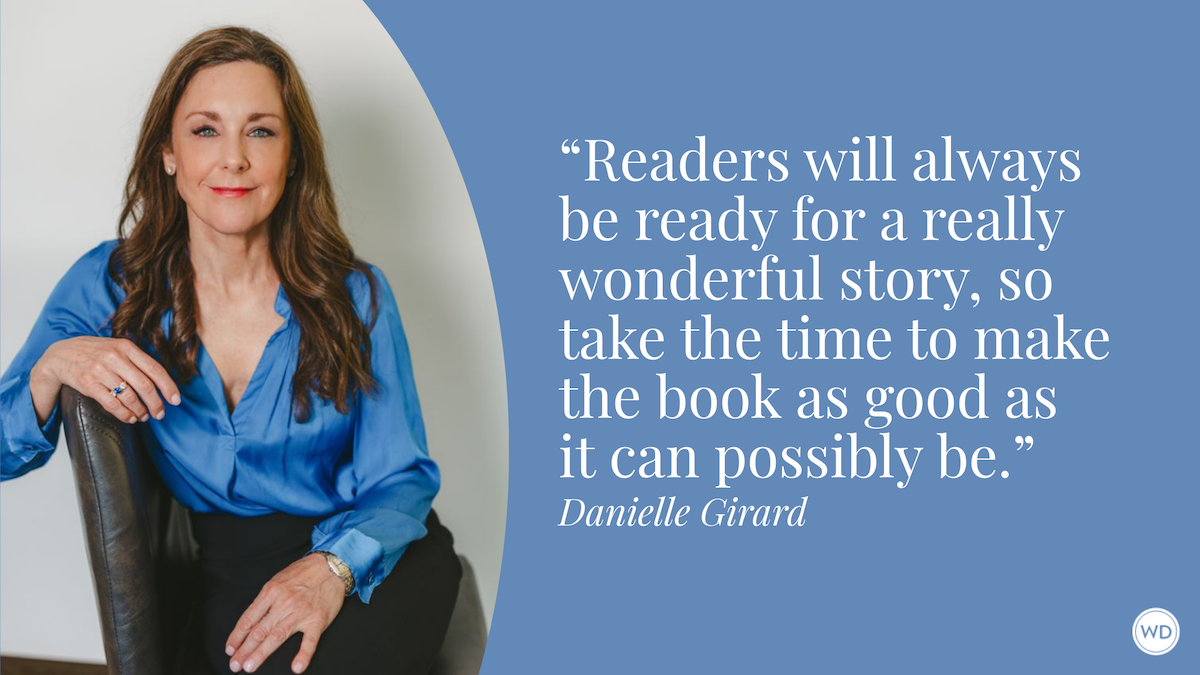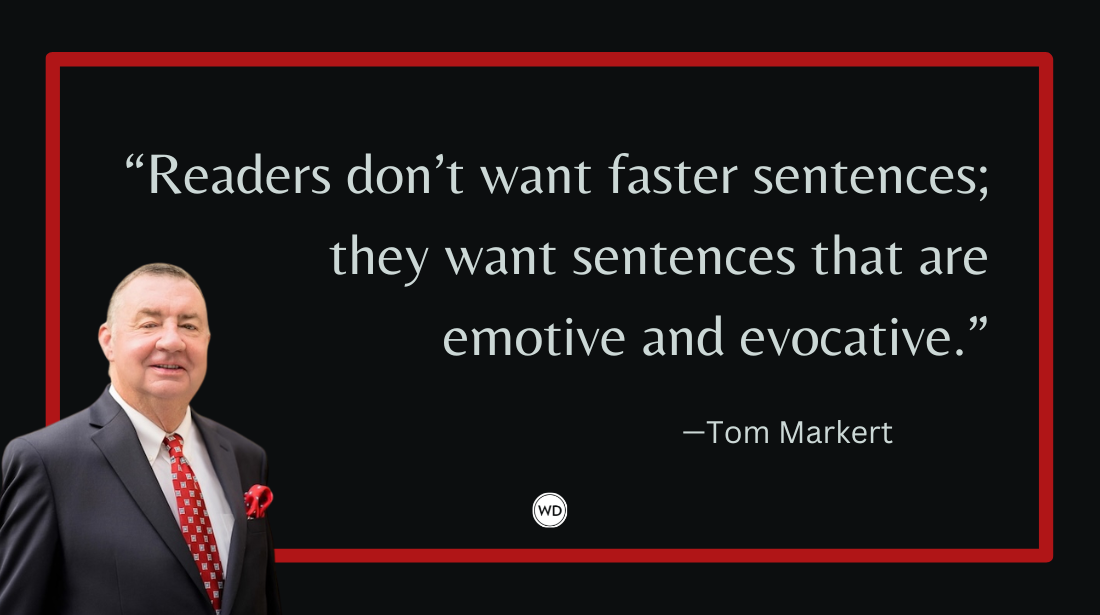Don’t Dismiss Adverbs!
If you’re to be a successful writer, you need to make use of every weapon in your arsenal. This includes one of the most dismissed parts of speech: adverbs.
Not too long ago, on Facebook, aspiring MFAs were proudly announcing that they had spent entire revision sessions excising from their manuscripts every word ending in “-ly.” Quoting Stephen King (who was perhaps quoting Nathaniel Hawthorne), they assured each other that The Road to Hell is Paved with Adverbs. Well, with all due respect to Mr. King and Mr. Hawthorne, it just ain’t so.
To begin with, an adverb is not merely a word that happens to end in -ly. An adverb is one of the four content parts of speech (the others are nouns, verbs, and adjectives) which enable us to construct sentences. Every part of speech does something in a sentence: nouns name things, verbs provide action, adjectives and adverbs add to or limit or clarify the nouns and verbs. A writer determined to eliminate adverbs will be a seriously handicapped writer, for adverbs can make more specific, add information to, not only verbs, but also adjectives and other adverbs. Adverbs, like the other content parts of speech, are essential for every writer’s toolkit; they can do things that the other parts of speech cannot.
The “death to all adverbs” crew also clearly doesn’t understand that adverbs are not only single words. Every content part of speech—noun or verb, adjective, or adverb—can take different forms. That’s because a part of speech is a role that a word, or a group of words, plays in a sentence. So the role of the adverb can be played by a single word: Joe went home. It can be played by a phrase: I'll call you in the morning. It can even be played by a dependent cause: We'll eat whenever he gets here. And, as in this sentence from Dickens, an adverb structure can encompass other adverbials and adjectives: He lived in a gloomy suite of rooms in a lowering pile of building up a yard, where it had so little business to be that one could scarcely help fancying it must have run there when it was a young house, playing at hide and seek with other houses, and have forgotten the way out again. To advise young writers to get rid of all their adverbs is like advising a pitcher with four great pitches to throw only three of them—it’s professional suicide.
IndieBound | Bookshop | Amazon
[WD uses affiliate links.]
Many aspiring writers struggle, not because they don’t have great ideas or wonderful stories to tell, but because they don’t have the words they need to communicate those ideas or to tell those stories. They try desperately to find the “unique voice” agents and editors want by paying close attention to their innermost selves. But these writers are looking in the wrong place: Voice is not a function of a writer’s self, but of her skill with words. Writers who want to create a distinctive voice on the page need to learn everything they can about how words work, about how they can be combined into sentences. Just like singers, writers who want to develop a great voice need to practice their techniques, over and over and over, so that those techniques become part of them, able to be used at will when they’re drafting and revising.
And just like trained singers, writers who’ve mastered technique can make magic with their voices, captivating their readers and making them turn pages. Such a writer’s voice can pulse with vitality, swing like music, create all kinds of effects inside readers, compel them by sheer syntactical energy to keep turning the pages. It can only do these things, though, when the writer—like all those great writers from earlier eras—has studied, practiced, and mastered the repertoire of syntactical techniques available to those of us writing in English.
Including how to use—with precision, with care, with passion—the adverb.
Barbara Baig is the author of the Writer’s Digest books How To Be a Writer: Building Your Creative Skills Through Practice and Play and Spellbinding Sentences: A Writer’s Guide to Achieving Excellence and Captivating Readers. Having taught writers for over thirty years, she now teaches in the MFA Program in Creative Writing at Lesley University and at WhereWritersLearn.com.









